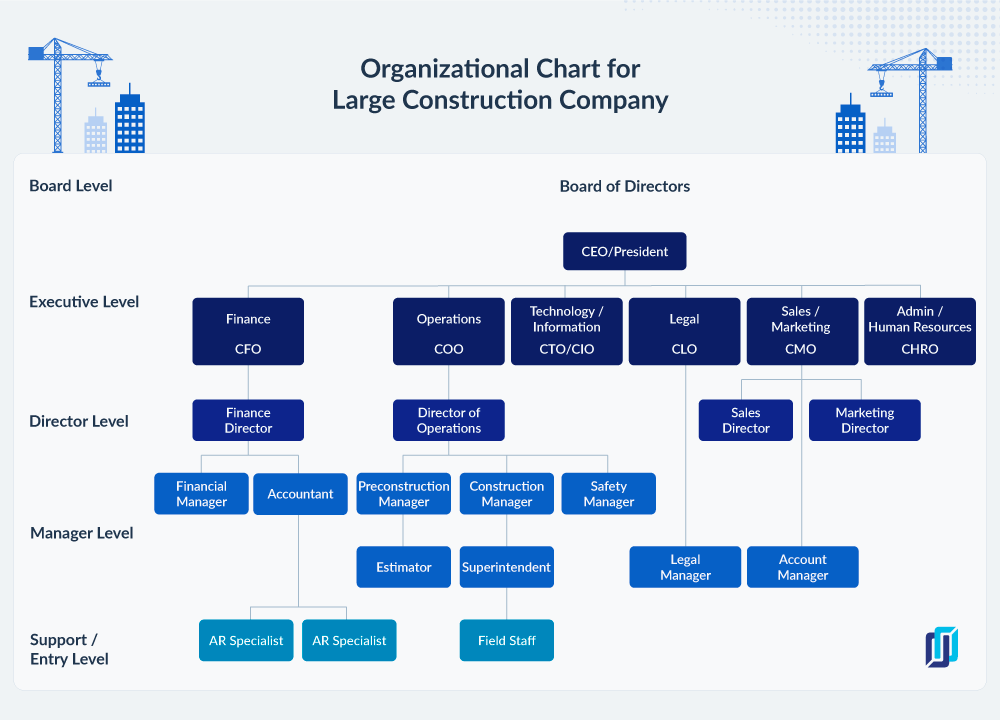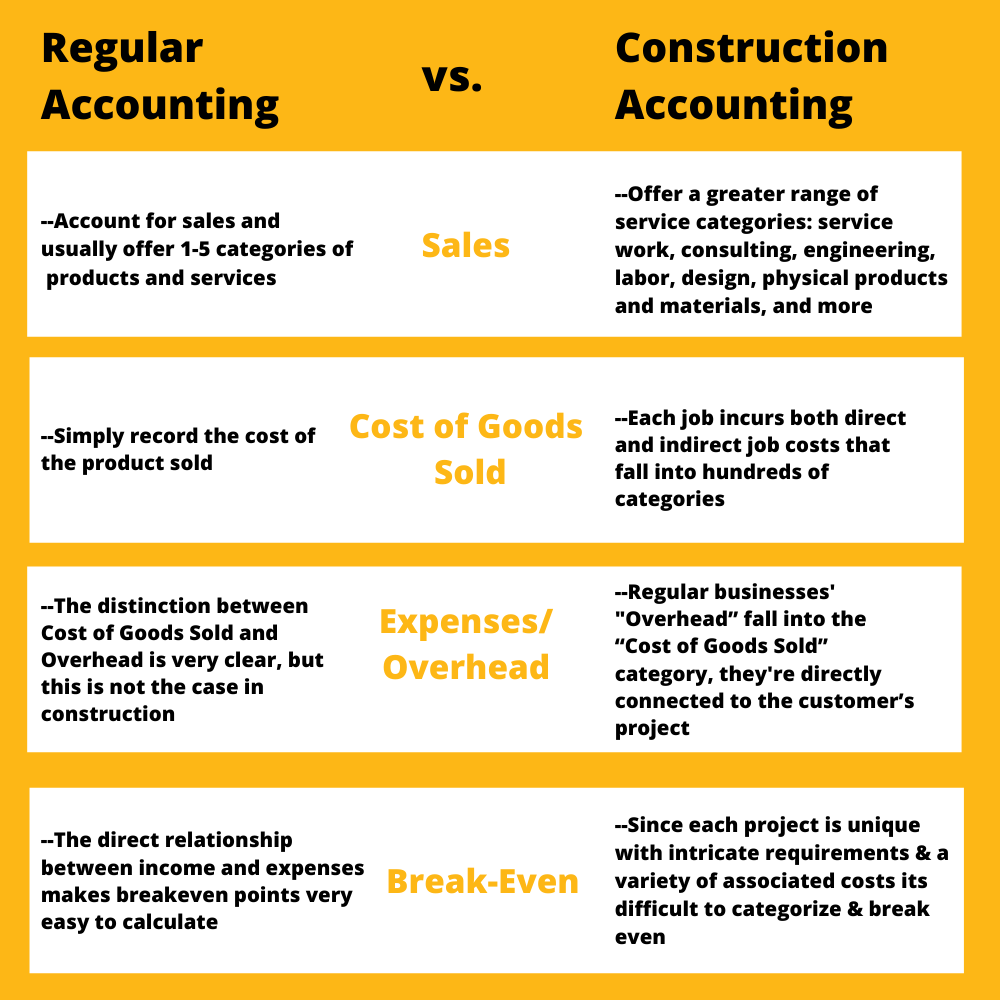The Definitive Guide to Pvm Accounting
The Definitive Guide to Pvm Accounting
Blog Article
10 Easy Facts About Pvm Accounting Shown
Table of ContentsThe Ultimate Guide To Pvm AccountingThe 45-Second Trick For Pvm AccountingUnknown Facts About Pvm AccountingSome Known Facts About Pvm Accounting.The Best Strategy To Use For Pvm AccountingHow Pvm Accounting can Save You Time, Stress, and Money.Pvm Accounting Fundamentals ExplainedEverything about Pvm Accounting
Among the primary reasons for executing accounting in building and construction jobs is the requirement for economic control and monitoring. Building and construction projects typically call for substantial investments in labor, materials, equipment, and other sources. Correct audit permits stakeholders to keep an eye on and manage these financial resources successfully. Accountancy systems supply real-time insights into project prices, profits, and productivity, making it possible for project managers to without delay identify prospective issues and take corrective activities.
Construction tasks are subject to numerous financial requireds and coverage requirements. Appropriate bookkeeping ensures that all monetary transactions are taped precisely and that the task complies with bookkeeping criteria and legal contracts.
A Biased View of Pvm Accounting
This minimizes waste and boosts task effectiveness. To better comprehend the value of bookkeeping in building, it's additionally crucial to distinguish in between building and construction management audit and job administration bookkeeping.
It focuses on the monetary aspects of private building and construction jobs, such as price evaluation, price control, budgeting, and capital administration for a particular task. Both types of bookkeeping are important, and they match each various other. Building and construction management audit guarantees the business's economic wellness, while task management bookkeeping ensures the financial success of specific projects.
Things about Pvm Accounting

An important thinker is required, that will certainly deal with others to make choices within their locations of duty and to improve upon the locations' work processes. The position will certainly engage with state, college controller staff, campus department team, and scholastic researchers. This person is anticipated to be self-directed once the first understanding contour is overcome.
8 Simple Techniques For Pvm Accounting
A Building Accountant is accountable for handling the economic facets of building projects, consisting of budgeting, expense monitoring, financial coverage, and compliance with regulatory needs. They work closely with project managers, professionals, and stakeholders to ensure exact economic documents, cost controls, and timely settlements. Their proficiency in building audit concepts, task costing, and financial analysis is necessary for effective financial management within the building and construction market.

Pvm Accounting for Dummies
As you've probably learned by currently, tax obligations are an inevitable part of doing company in the United States. While a lot of emphasis typically rests on government and state income taxes, there's also a 3rd aspectpayroll taxes. Payroll taxes are tax obligations on a staff member's gross wage. The revenues from payroll tax obligations are utilized to money public programs; therefore, the funds gathered go straight to those programs as opposed to the Irs (IRS).
Note that there is an additional 0.9% tax for high-income earnersmarried taxpayers that make over $250,000 or single taxpayers making over $200,000. Incomes from this tax go towards federal and state joblessness funds to assist employees that have shed their tasks.
Indicators on Pvm Accounting You Need To Know
Your down payments need to be made either on a regular monthly or semi-weekly schedulean political election you make before each calendar year. Regular monthly payments. A month-to-month payment needs to be made by the 15th of the complying with month. Semi-weekly repayments. Every other week down payment days depend on your pay timetable. If your payday drops on a Wednesday, Thursday or Friday, your deposit schedules Wednesday of the following week.
Take care of your obligationsand your employeesby making complete payroll tax repayments on time. Collection and settlement aren't your only tax obligation duties. You'll also have to report these amounts (and other information) regularly to the IRS. For FICA tax (as well as federal income tax obligation), you have to finish and submit Kind 941, Company's Quarterly Federal Tax Return.
Pvm Accounting Things To Know Before You Buy

Every state has its own unemployment tax (called SUTA or UI). This is since your firm's market, years in business and joblessness background can all determine the portion used to compute the amount due.
The Greatest Guide To Pvm Accounting
The collection, compensation and reporting of state and local-level tax obligations depend on the governments that levy the tax obligations. Clearly, the topic of pay-roll tax obligations entails lots of moving parts and covers a vast range of bookkeeping understanding.
This site makes use of cookies to improve your experience while you browse with the website. Out of these cookies, the cookies that are classified as needed are saved on your internet browser as they are essential for the working of fundamental capabilities of the web site. We also use third-party cookies that help us examine and recognize just how you use this web site.
Report this page